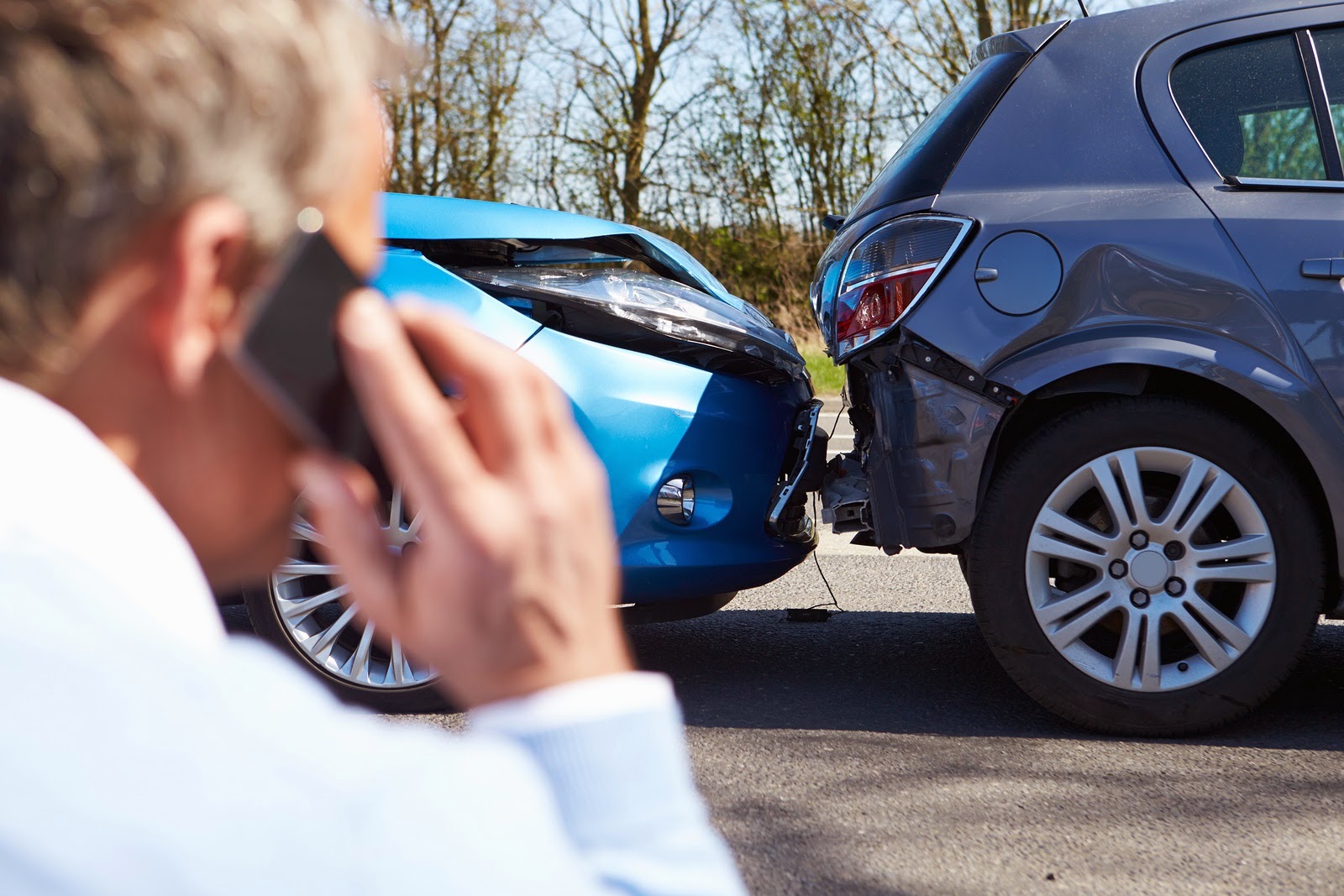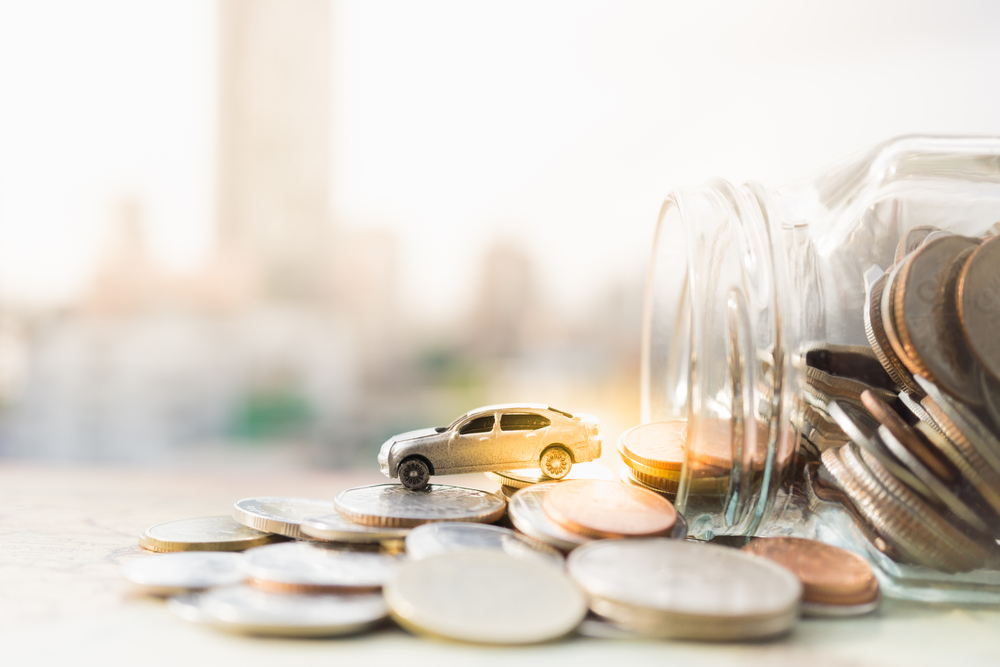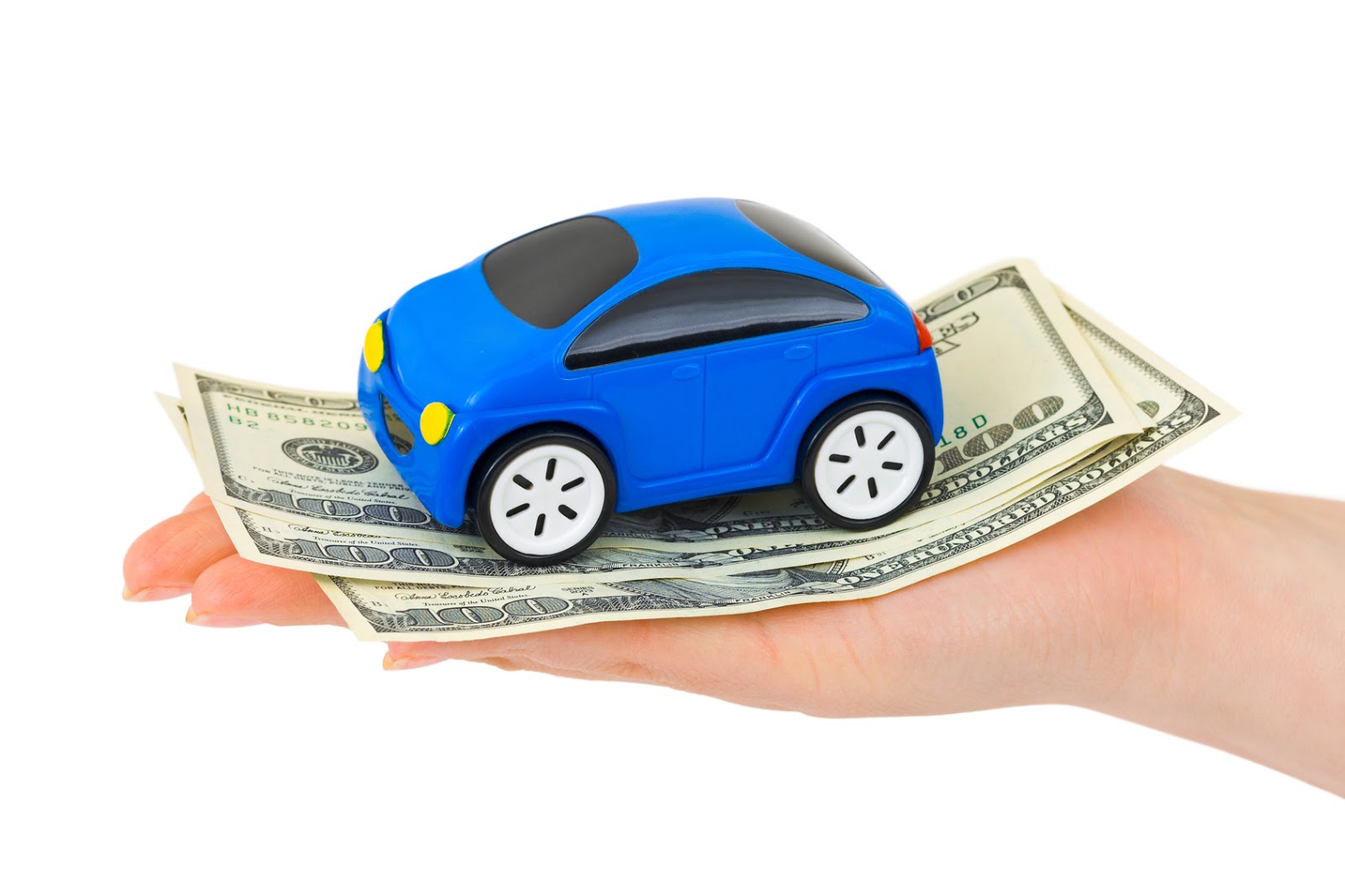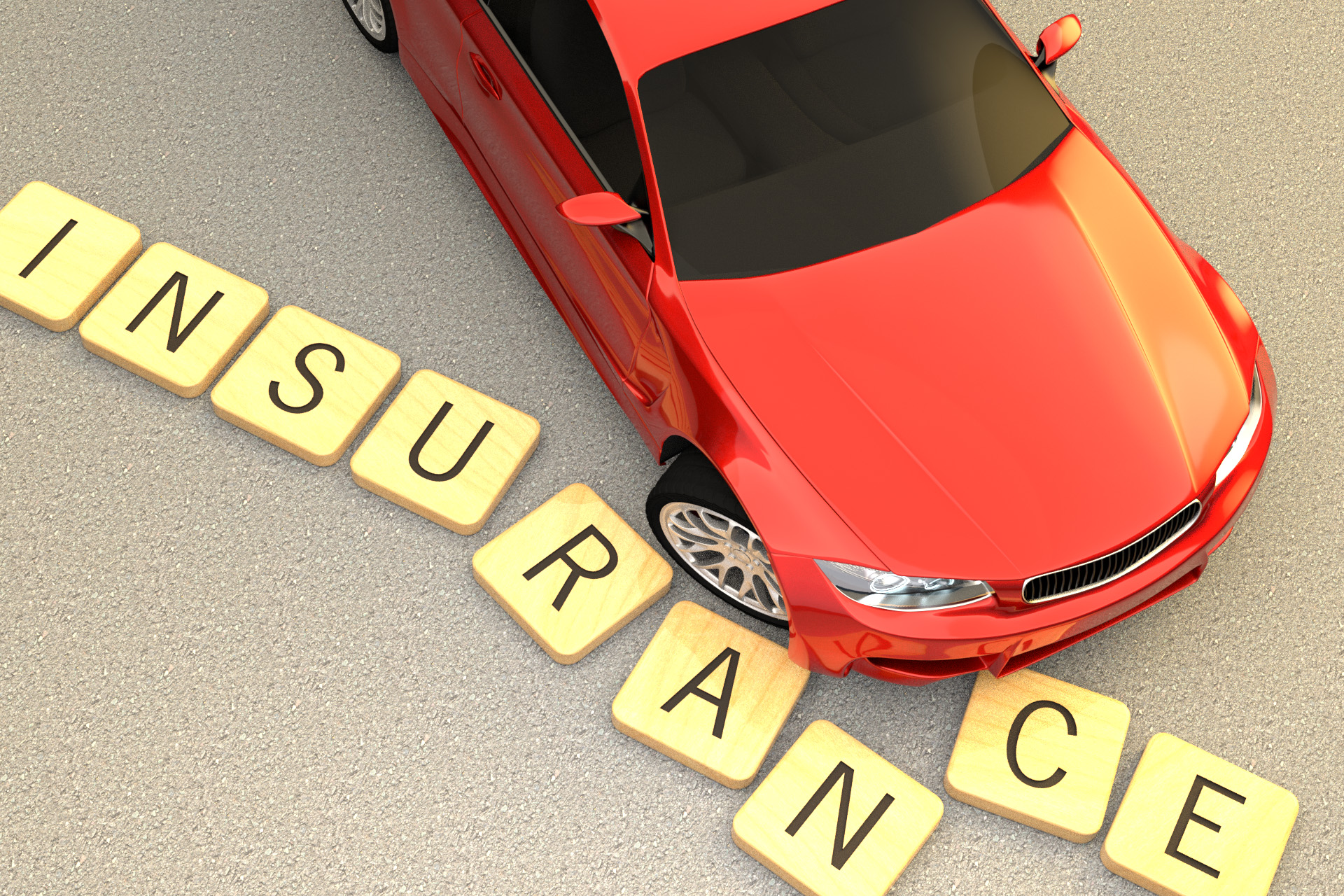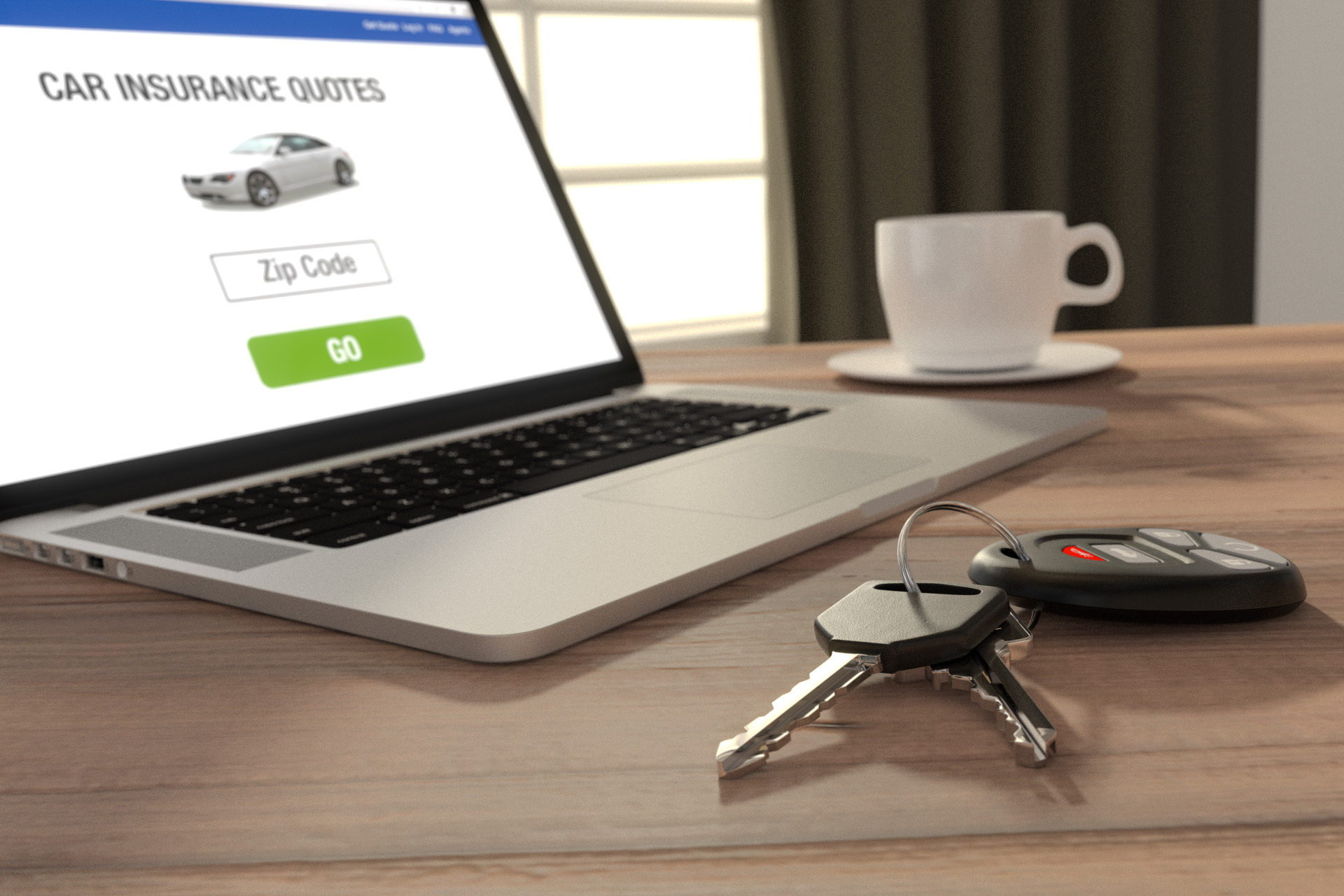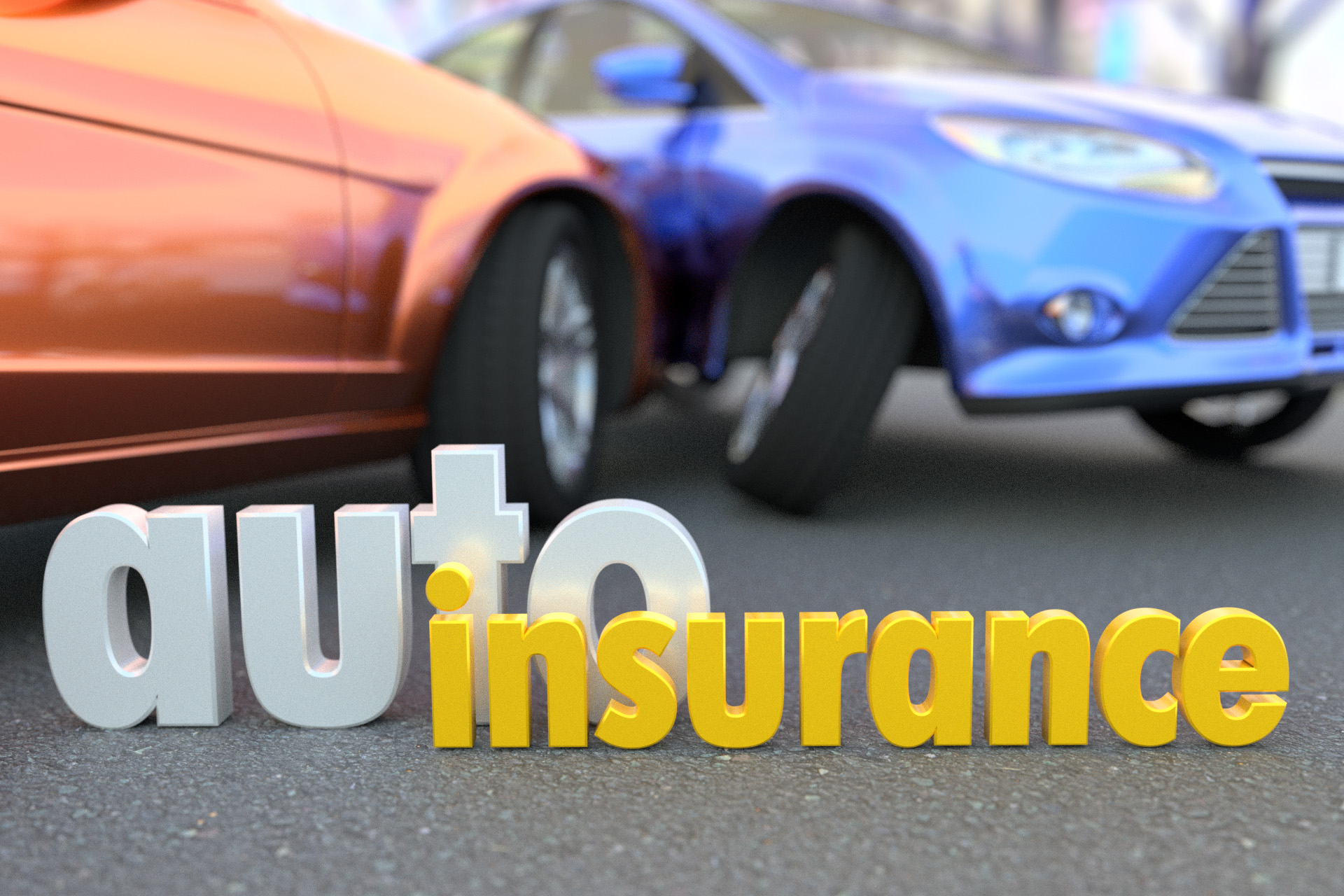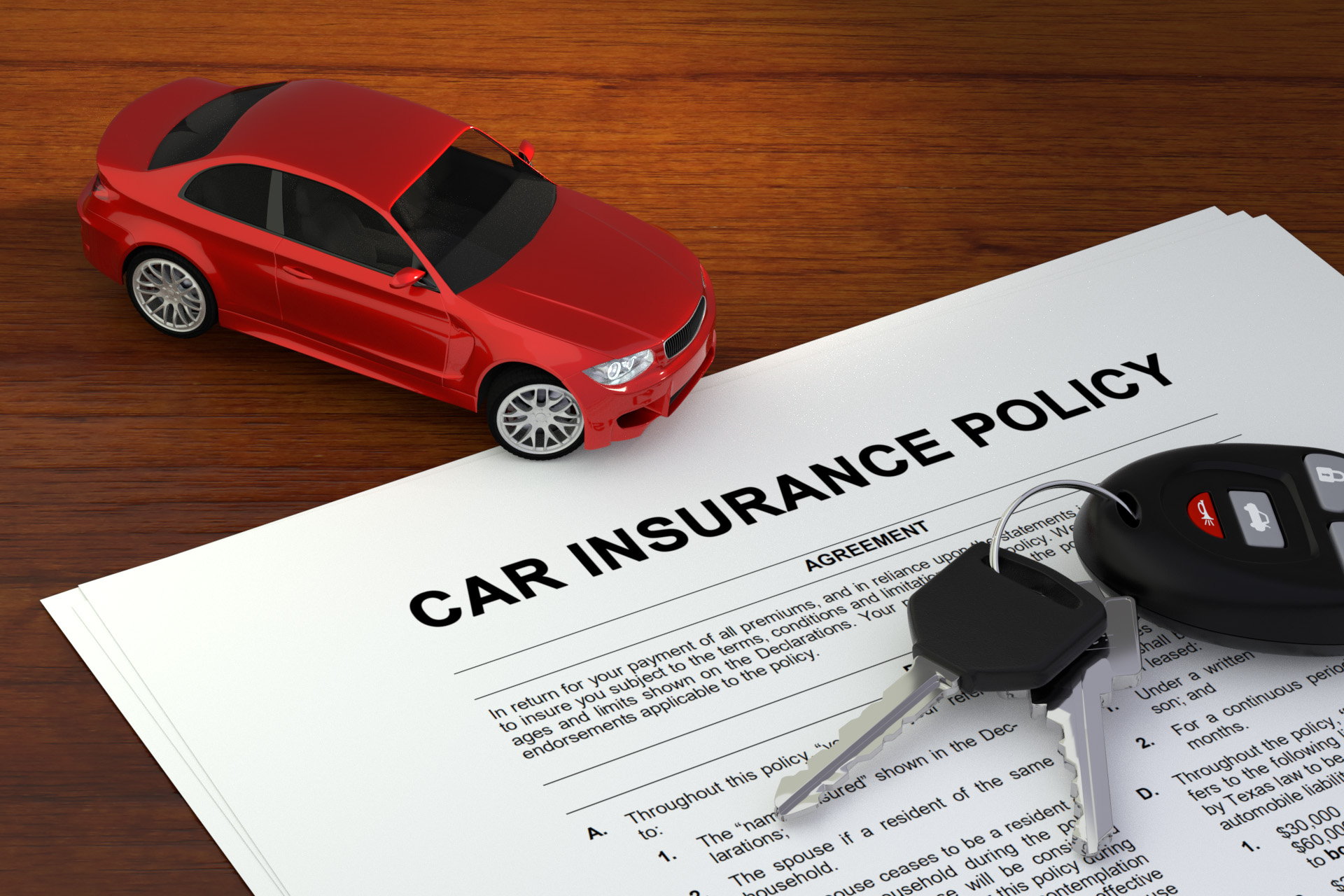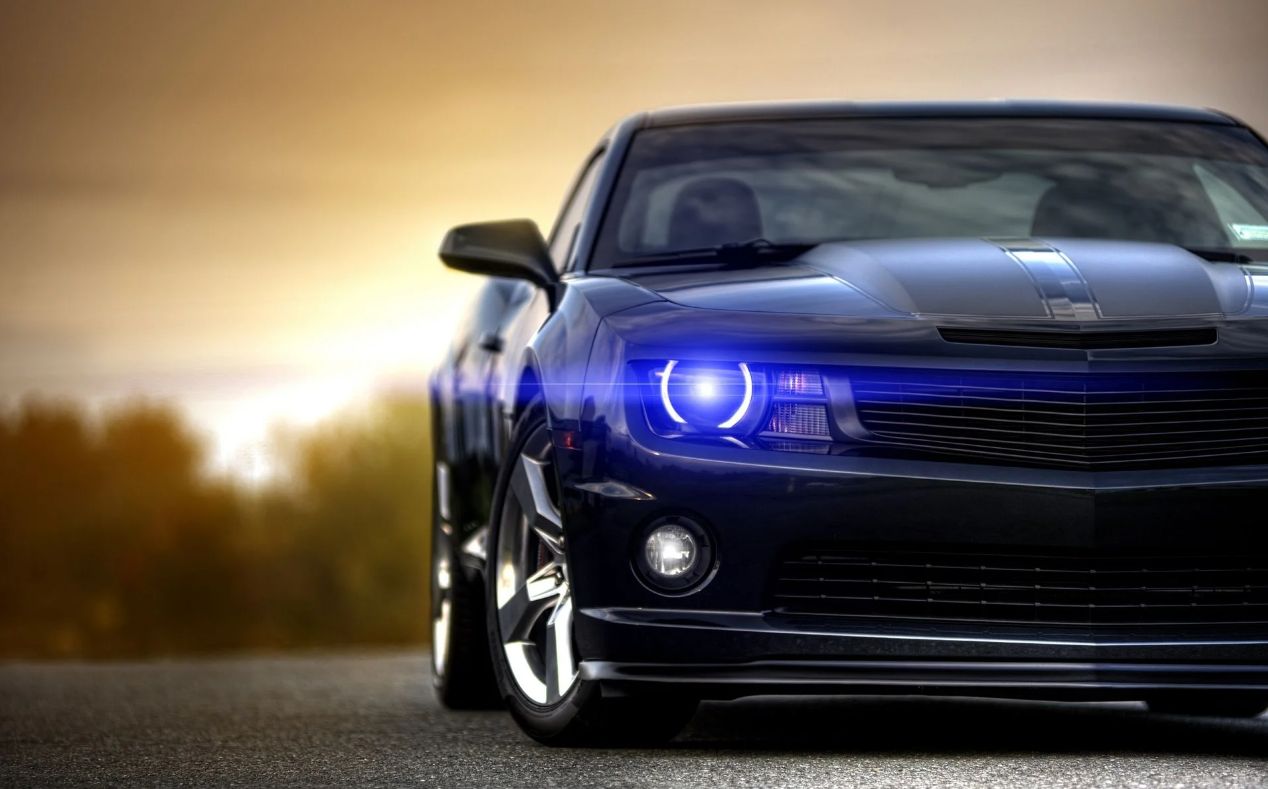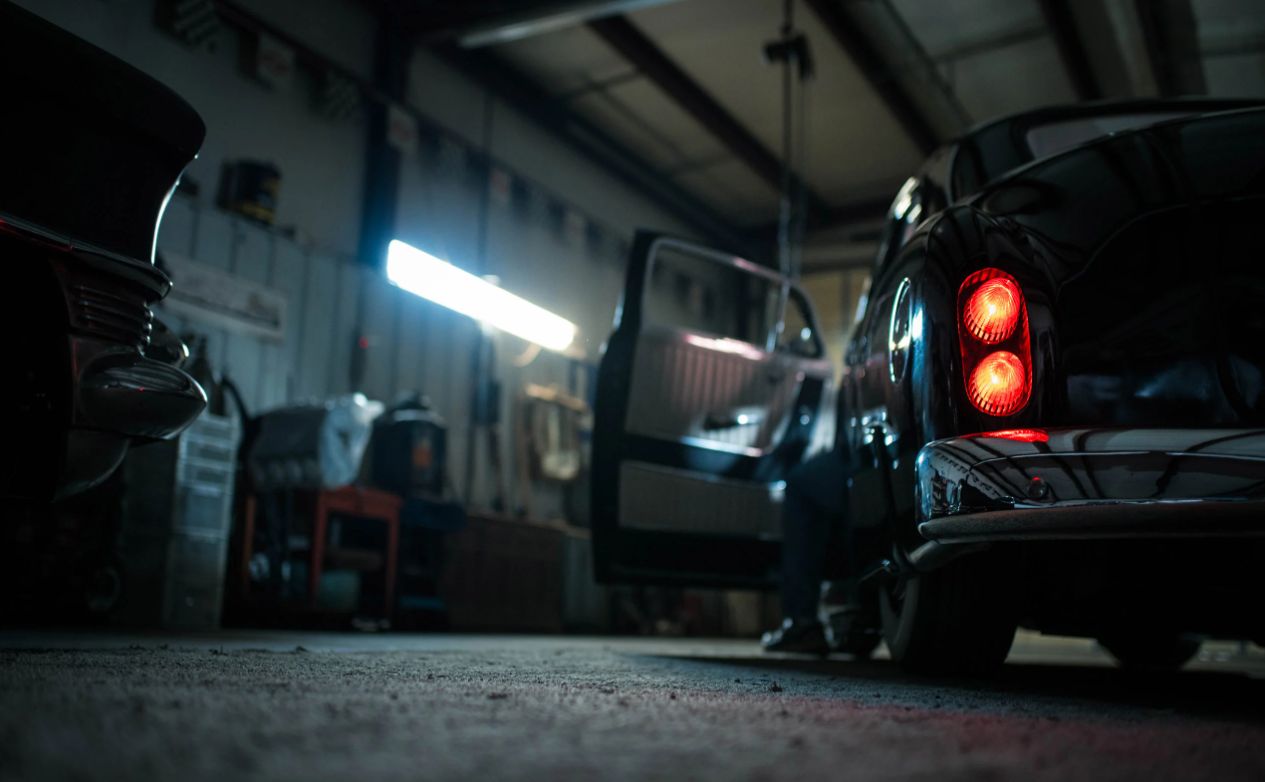Buying a car can be a daunting task, especially when it comes to deciding whether to buy a new car or a used one. Each option comes with its own advantages and disadvantages, and it’s important to understand them before making a decision. In this article, we’ll provide an in-depth look at the differences between buying a new car and a used car, including costs, warranties, and depreciation.
Buying a New Car
Advantages:
- Latest Technology: One of the biggest advantages of buying a new car is that it comes with the latest technology. From advanced safety features to cutting-edge infotainment systems, a new car offers the latest and greatest in automotive technology.
- Warranty Coverage: New cars come with manufacturer warranties that can last for several years or a certain number of miles. This provides peace of mind knowing that any unexpected repairs will be covered by the warranty.
- Reliability: A new car is less likely to break down or require major repairs, as it has not been driven extensively. This can provide peace of mind and save money on maintenance costs.
Disadvantages:
- Depreciation: A new car depreciates as soon as it’s driven off the lot, losing a significant portion of its value in the first few years. This can result in a loss of thousands of dollars when it’s time to sell or trade in the car.
- Higher Costs: A new car comes with a higher price tag than a used car, making it less affordable for some buyers. Additionally, new cars often come with higher insurance rates and taxes.
- Limited Options: Buying a new car means choosing from the latest models and trim levels, which can limit options for those who want a specific older model or a customized vehicle.
Buying a Used Car
Advantages:
- Lower Costs: One of the biggest advantages of buying a used car is the lower cost compared to a new car. Used cars are often more affordable, making them a great option for buyers on a budget.
- More Options: When buying a used car, there is a wider range of makes, models, and years to choose from. This provides more options for buyers who have a specific vehicle in mind.
- Less Depreciation: Used cars have already experienced the initial depreciation that new cars go through, making them less likely to lose significant value in the first few years of ownership.
Disadvantages:
- Unknown History: A used car’s history is often unknown, which can lead to unexpected maintenance issues or hidden damage. Buyers should have a pre-purchase inspection done to ensure the car is in good condition.
- Higher Maintenance Costs: Used cars are more likely to require maintenance or repairs, which can add up over time. This can be especially true for older used cars.
- Limited Warranty: Most used cars do not come with a warranty, which means any repairs or maintenance will need to be paid for out of pocket.
Conclusion:
When it comes to buying a car, there is no one-size-fits-all solution. It’s important to weigh the advantages and disadvantages of each option and consider personal preferences and budget. A new car provides the latest technology, warranty coverage, and reliability, but comes with a higher cost and depreciation. On the other hand, a used car is more affordable with more options but can come with unknown history and higher maintenance costs. Ultimately, the decision comes down to what is most important to the buyer.
